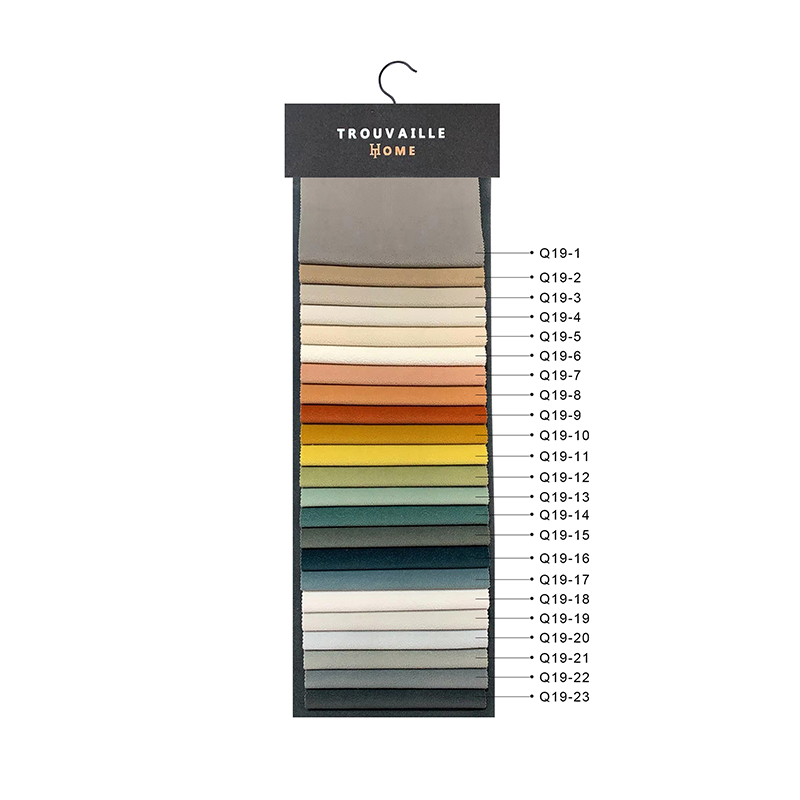Can Embossed Sealing Film Technical Cloth Withstand Industrial Challenges?
In industrial environments where there is constant exposure to moisture, chemicals and extreme temperatures, material selection for
embossed sealing film technical cloth becomes critical. The elasticity of polyester and nylon fibers ensures the fabric can withstand these challenging conditions while maintaining its integrity and performance over time.
Moisture is a prevalent threat in many industrial environments, whether from humidity in the air or direct exposure to liquids. Moisture ingress can compromise the effectiveness of seals and protective barriers, leading to corrosion, mold growth and other forms of damage. However, the inherent moisture resistance of polyester and nylon fibers makes them ideal for applications where a moisture barrier needs to be maintained.
Polyester and nylon fibers are naturally water-resistant, preventing water from penetrating the fabric and reaching underlying components. This moisture resistance is particularly valuable in outdoor environments or industrial processes where there is regular exposure to moisture, rain or water-based substances. By effectively blocking the entry of moisture, embossed sealing film technology cloth helps preserve the functionality and longevity of sensitive equipment and components.
Chemical exposure is another important issue in many industrial settings. Chemicals such as acids, alkalis, solvents and oils can degrade materials, damage seals and cause corrosion or contamination. In industries such as manufacturing, automotive and petrochemicals, where exposure to a wide range of chemicals is unavoidable, the chemical resistance of embossed sealing film technical fabrics is crucial.
Polyester and nylon fibers exhibit excellent resistance to a variety of chemicals, making them highly durable and reliable in harsh chemical environments. Even when exposed to corrosive substances, the fabric maintains its structural integrity and sealing properties, providing long-lasting protection for critical components and equipment.
Extreme temperatures pose another challenge to materials used in industrial applications. From scorching heat to freezing temperatures, extreme temperatures can cause materials to expand, contract, warp or become brittle, compromising their effectiveness and durability. In environments where temperatures fluctuate wildly, such as foundries, steel mills and aerospace facilities, the ability of embossed sealing film technology fabrics to withstand extremes of high and low temperatures is critical.
Polyester and nylon fibers are known for their excellent temperature stability, allowing the fabric to maintain its performance characteristics over a wide temperature range. Whether exposed to the high temperatures of machinery and industrial processes, or subjected to freezing temperatures in outdoor installations, the fabric remains resilient and reliable, ensuring consistent sealing and protection.
In summary, the elasticity of polyester and nylon fibers makes Embossed Sealing Membrane Technical Cloth ideal for industrial environments that are frequently exposed to moisture, chemicals, and extreme temperatures. By providing effective moisture resistance, chemical resistance and temperature stability, the fabric helps protect equipment, components and infrastructure, helping to increase the reliability and longevity of industrial operations.



